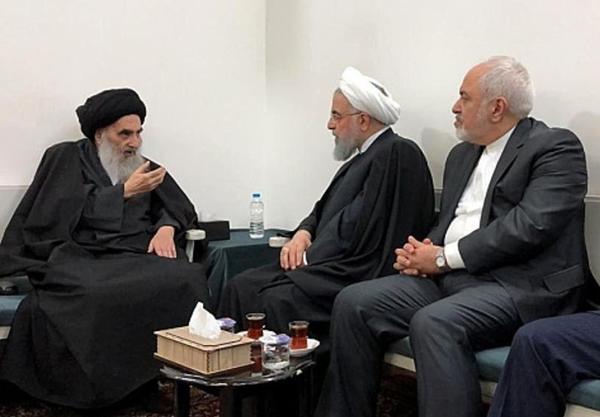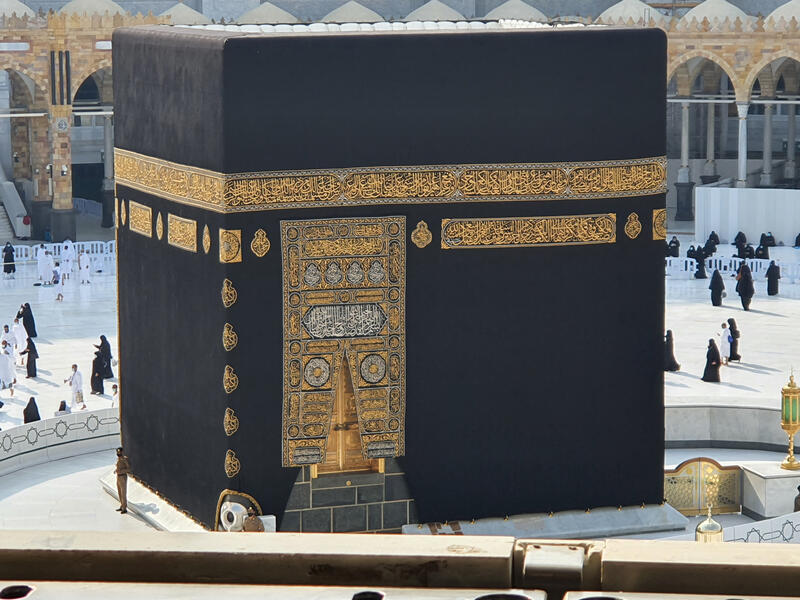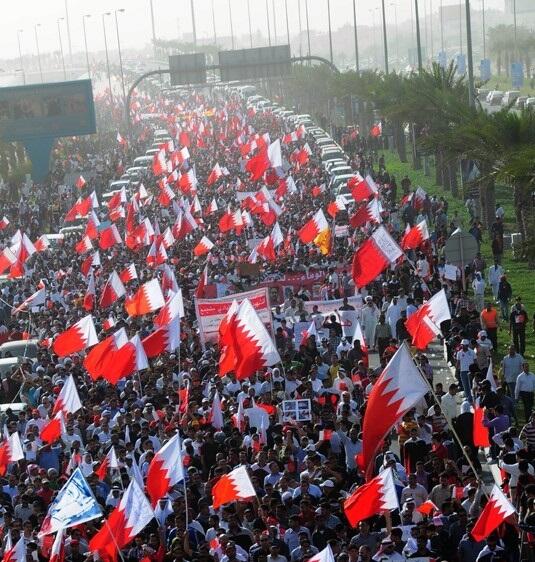In this series, the VISIONS blog will post excerpts from the Report on Engaging Sectarian De-Escalation based on the "Proceedings of the Symposium on Islam and Sectarian De-Escalation at the Harvard Kennedy School."

Moderator
José Antonio Sabadell
Panelists
Heidi E. Lane, Muhamed H. Almaliky, Hassan Ahmadian, Lukman Faily
Summary
This panel, entitled Geopolitics in Iran and Iraq examines the evolution of the geopolitical relationship between Iran and Iraq in addition to the nature of the Middle East dialogue between the United States, Iran, and Iraq.... Read more about Geopolitics in Iran and Iraq





